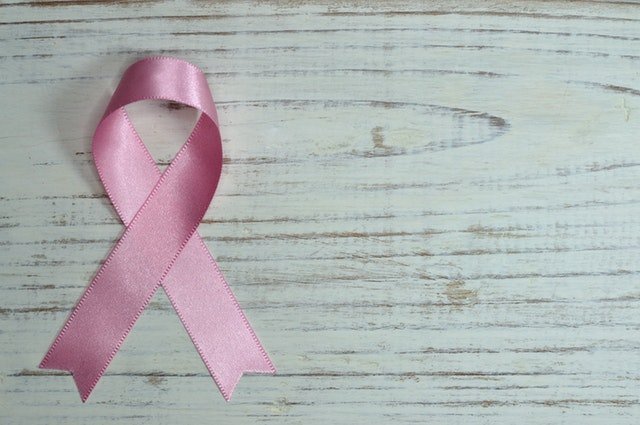
Breast cancer is the most commonly diagnosed cancer in the United States.
Research shows that about 12.4% of American women will be diagnosed with breast cancer in their lifetimes.
In 2017, around 40,000 women die of breast cancer in 2017, according to the National Cancer Institute.
Family health history can be a big risk factor for breast cancer, representing 15% of patients.
Therefore, it’s important to know your family history and talk to your doctor about genetic counseling if a family member had breast or ovarian cancer.
The good news is that even if you have genetic risk of breast cancer, there is still a lot you can do to prevent the disease.
Whether you have a genetic predisposition for breast cancer, there are changes anyone can make to reduce risk of the disease.
Here are 7 tips to change your lifestyle to protect you from breast cancer.
First, drink less alcohol
Research shows that women who drink 2-3 servings or more alcohol per day have a 20% higher breast cancer risk. Thus, you should limit your alcohol drinking, e.g., no more than 4 drinks a week.
Second, keep a healthy body weight
Overweight and obese women have a higher risk for breast cancer.
This is especially true for women after menopause. At that time, most of a woman’s estrogen comes from fat tissue. This can lead to higher hormone levels, which increase breast cancer risk.
Third, have a plant-based diet
A highly plant-based diet can benefit women with breast cancer risk. To do this, you should aim for 5 servings of vegetables and 2 servings of fruit every day.
You should also use lean protein sources and replace animal fats with plant fats. Avoid processed foods.
Fourth, take regular exercise
A sedentary lifestyle can increase your breast cancer risk. To keep being active, you should do 150 minutes of moderate exercise or 75 minutes of vigorous exercise every week.
Fifth, have children
Research shows that having children later in life or not at all can increase breast cancer risk. For some women, this risk factor may not be able to be controlled.
Sixth, if you have children, do breastfeeding
Scientists find that women who breastfeed for more than 18 months have less breast cancer risk.
Finally, know the health risk from hormone replacement therapies
Hormone replacement therapies with high estrogen levels can increase breast cancer risk.
When the hormone therapies combine estrogen and progesterone, the harmful risk can be higher.
Copyright © 2018 Knowridge Science Report. All rights reserved.



